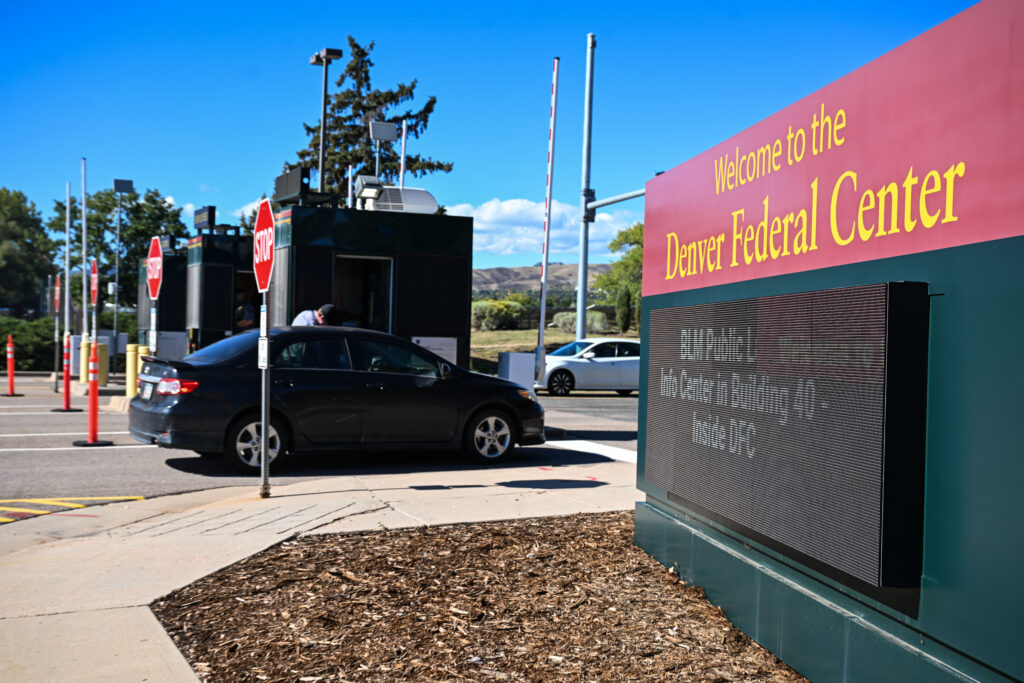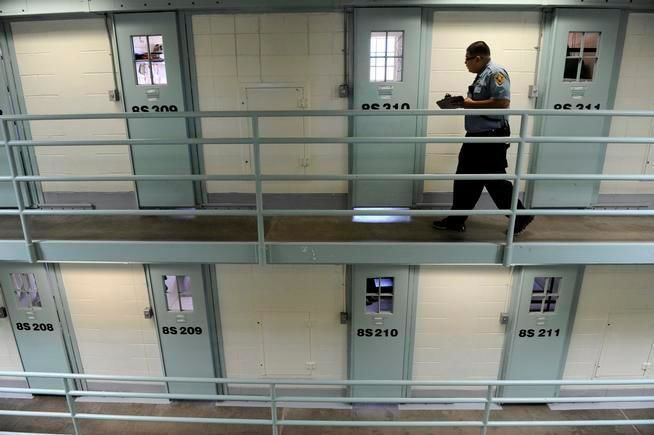Hick cites fiscal concerns with pair of no-sign laws
Gov. John Hickenlooper’s cautious response last week to two new laws foreshadows the budget constraints lawmakers will be dealing with next year.
Last week, the governor declined to sign one bill aimed at boosting college preparedness for under-served youths and another that increases penalties in assault cases involving emergency care providers.
Instead of signing or vetoing the bills, the governor sent them to the Secretary of State, and they will become law without his signature.
Hickenlooper explained his non-action in letters addressed to the Senate, where the bills were introduced. Hickenlooper did not take issue with the merits of either bill. His chief concerns were over the costs to the state.
Although the state’s economy is sound, next year’s budget will be tighter than this year’s. That’s due in part to Taxpayer Bill of Rights-mandated spending restrictions and plans for a budget that will focus on ensuring that K-12 spending keeps up with required increases.
That means many proposed areas of spending may not make the cut when lawmakers craft bills in 2016.
One of the new laws, Senate Bill 290, creates the Colorado Student Leaders Institute, a summer education program that allows under-served high school students to earn higher education credits.
The law requires that at least 50 percent of participating students be eligible for free or reduced-price lunches at the schools they attend or that the student be the first member of his or her immediate family to attend college.
The governor acknowledged the potentially positive components of the law, saying that too many students fail to continue education beyond high school. But he also expressed concerns about education budget realities. The program, which won’t start until 2016 at the earliest, comes with an annual price tag to the state of $218,825.
“As we invest in programs that help students succeed beyond high school, we must also be careful stewards of the limited dollars available for education spending,” Hickenlooper wrote.
“The state’s upcoming budget challenges have been long discussed and we must be particularly watchful over our spending from the diminishing State Education Fund balance.”
That fund, which was part of Amendment 23, approved by voters in 2000, set up a state education savings account to be used during lean economic times. However, the fund dwindled during the recent recession.
The governor said he is “reluctant to embrace the funding source” of SB 290 and said that existing education programs may be able to achieve similar results. The governor said he hopes the program will eventually find “a more sustainable funding stream” in order to avoid having an impact on the education savings fund going forward.
The bill received bipartisan sponsorship and support at the Legislature. However, all of the lawmakers who voted against it were Republicans.
Rep. Jim Wilson, R-Salida, a bill sponsor, is pleased that the bill will become law, in spite of the governor’s concerns.
“I don’t see it as a cost, I see it as an investment,” Wilson said. “It gets (students) exposed to the college atmosphere and changes their mindset from ‘we’re not good enough to be in college’ to one of ‘we’re as well-equipped as any other student.’”
Hickenlooper also had positive things to say about the merits of Senate Bill 67. The law creates a second-degree assault charge when someone intentionally injures an emergency medical care provider, such as a police officer, an ambulance technician or a firefighter.
The crime had previously been limited to a third-degree assault charge.
Hickenlooper said these providers put their “lives on the line in service of others,” but implementation of the bill will be delayed in order to avoid a fiscal impact this year.
An analysis by the non-partisan Colorado Legislative Council estimates that the law will increase general fund expenditures by at least $1,472,481 through the 2019-2020 fiscal year.
“The state’s upcoming budget challenges have been long discussed, and though the underlying policy is the correct one, the bill does require potentially significant growth in spending,” Hickenlooper said.
The bill received overwhelming bipartisan support at the Legislature.
Sen. Pat Steadman, D-Denver, a member of the Legislature’s Joint Budget Committee, acknowledged that next year’s budget will be tight, thanks to “a variety of different things colliding at the same time.”
But Steadman said the bills Hickenlooper addressed last week “aren’t going to break the bank.”
“The idea that we passed these random bills with fiscal notes, I mean, we do this every year,” he said.
— Twitter: @VicVela1













